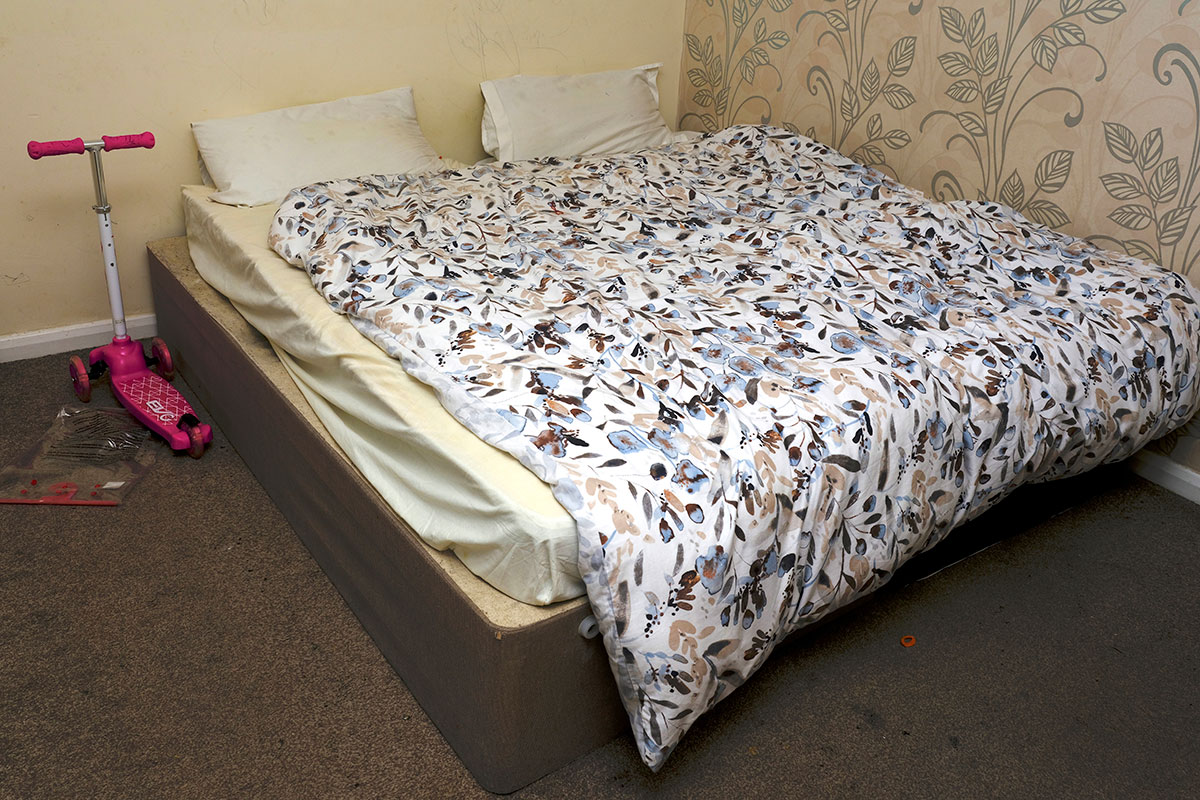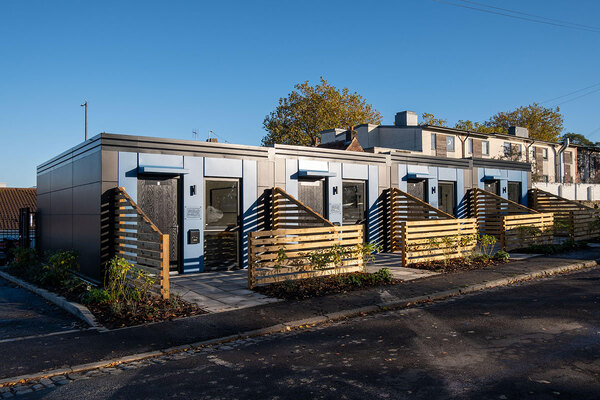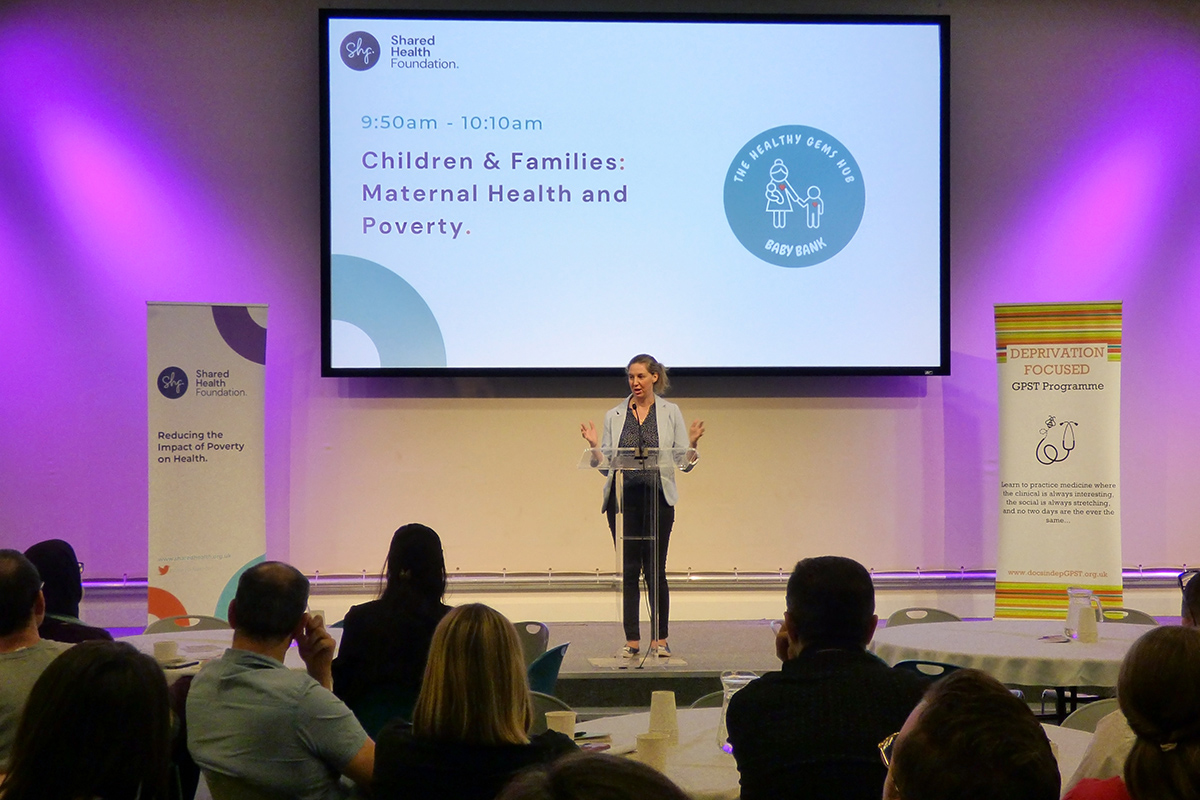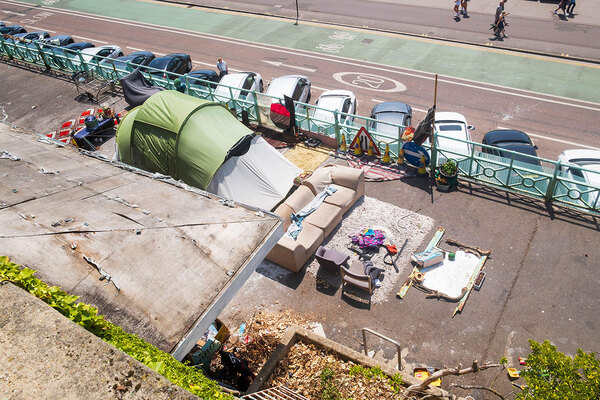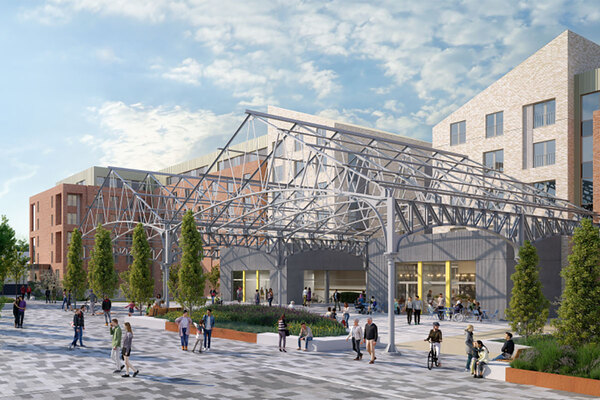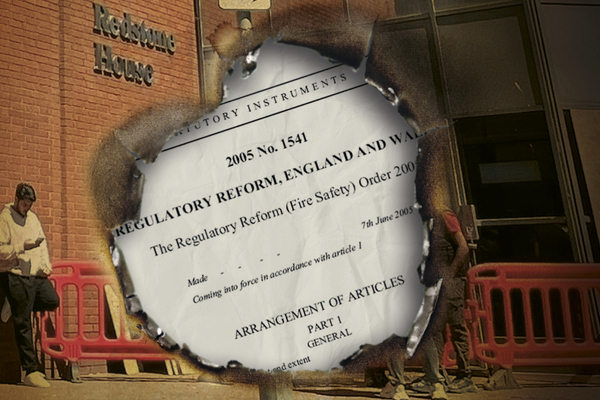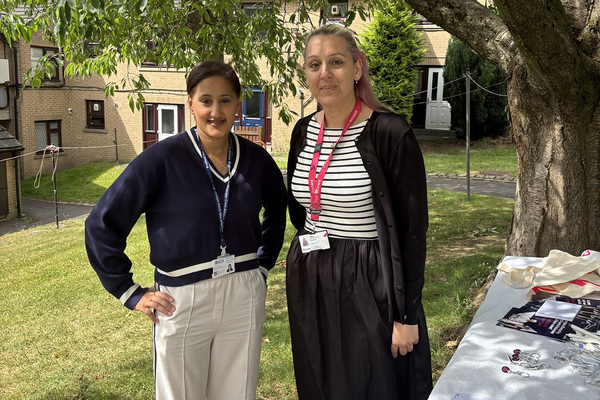You are viewing 1 of your 1 free articles
Group issues call for evidence on life in temporary accommodation for neurodivergent children
A group of academics and campaigners has put out a national call for evidence on what life in temporary accommodation is like for families with neurodivergent children.
The research, launched today (19 May), seeks to find out more about the impact that staying in temporary accommodation has in the short and long term on neurodivergent children’s health, well-being and education.
The new study is the work of a partnership between researchers at King’s College London (KCL), the All Party Parliamentary Group (APPG) for Households in Temporary Accommodation, Shared Health Foundation (co-secretariat of the APPG) and Autistica, the UK’s leading autism research and campaigning charity.
In England alone, the number of children in temporary accommodation has reached more than 165,000.
Inside Housing has reported extensively on the impact on families of life in temporary accommodation, where our own research indicates that almost 39,000 children are living at present.
In October 2024, researchers from KCL and Oxford Brookes University published the findings of a separate study around the thousands of households – including many families with children – effectively stuck in temporary accommodation because of previous debt making them ineligible for a social home.
The new call for evidence will run for five weeks between 19 May and 20 June 2025. The findings will be launched at a meeting of the APPG for Households in Temporary Accommodation in later this year or early 2026.
Dr Rosalie Warnock, a post-doctoral fellow leading the research for KCL, said: “We know that being neurodivergent in a ‘neurotypical world’ can lead to extra daily challenges or difficulties for neurodivergent children – and adults.”
At present, there is no large-scale data on the experiences of homeless families with neurodivergent children living in the UK, she added.
Katherine Brickell, a professor of urban studies at KCL and one of the researchers on the study, added: “Our goal is to encourage as many current and former residents of temporary accommodation as possible to be able to share their evidence.”
Because of difficulties around getting assessments – for autism, for example – she added that the call will also be open to people who suspect their child is neurodivergent but have yet to have any diagnosis.
“It is important we gather as many, and as diverse, stories and experiences as we can,” Professor Brickell said.
Sam Pratt, policy lead and communications lead at the Shared Health Foundation, said: “To campaign for change and improvements for children and their families, we need to build a picture of what the reality of living in temporary accommodation with a neurodivergent child is like in the UK.”
Sign up for our homelessness bulletin
Already have an account? Click here to manage your newsletters
Latest stories
